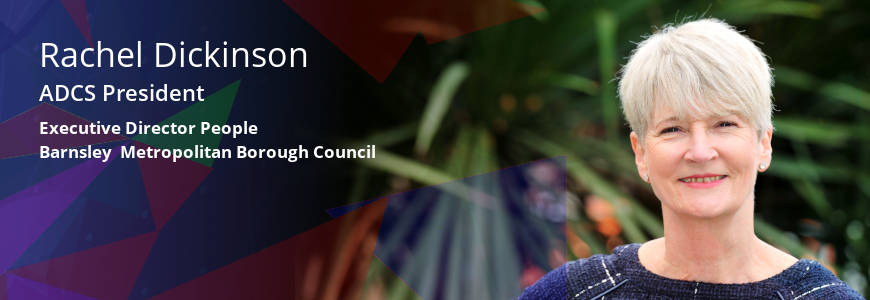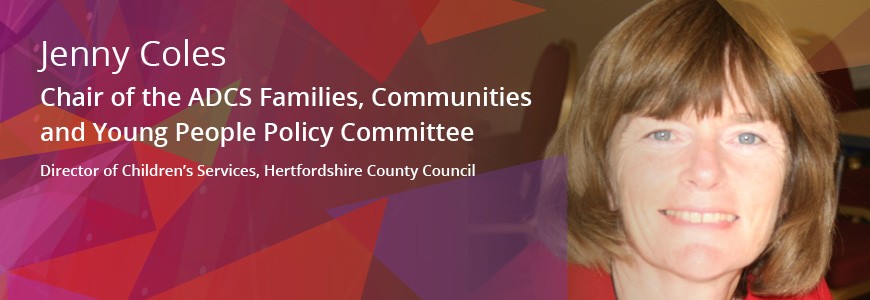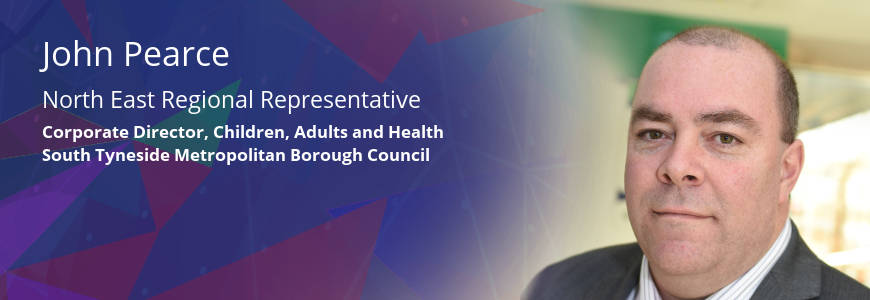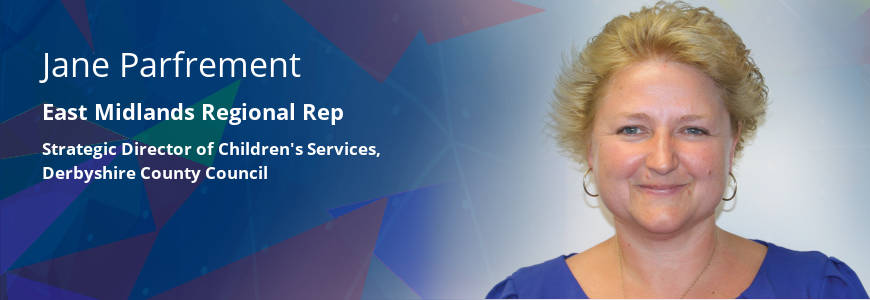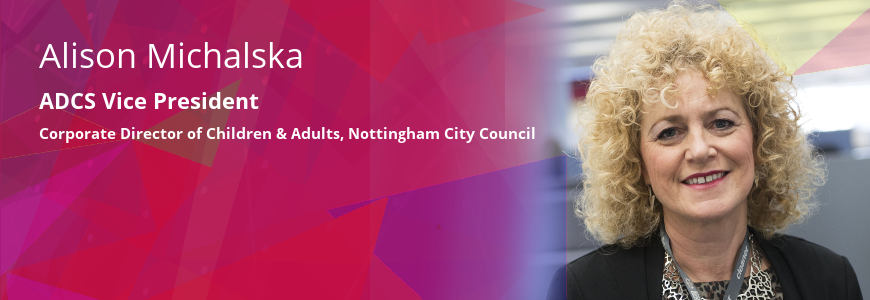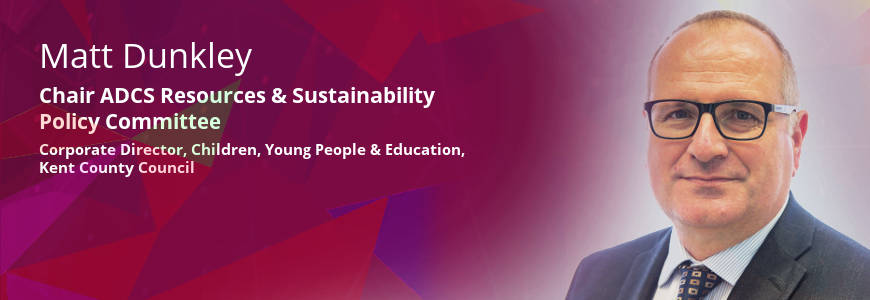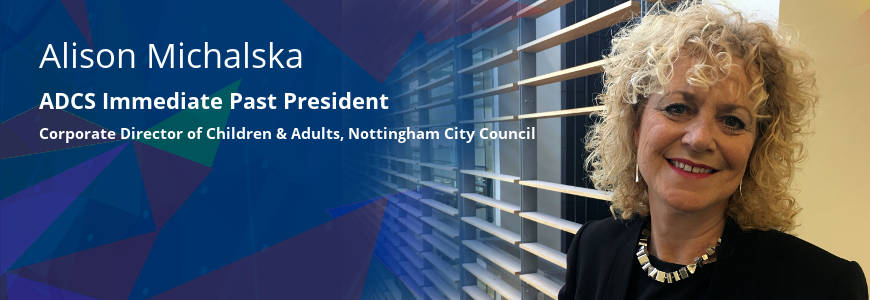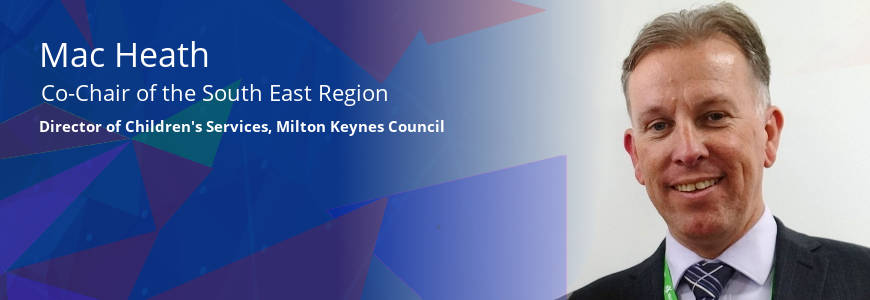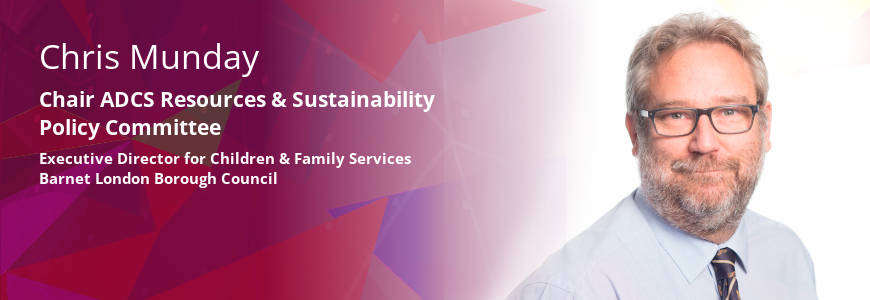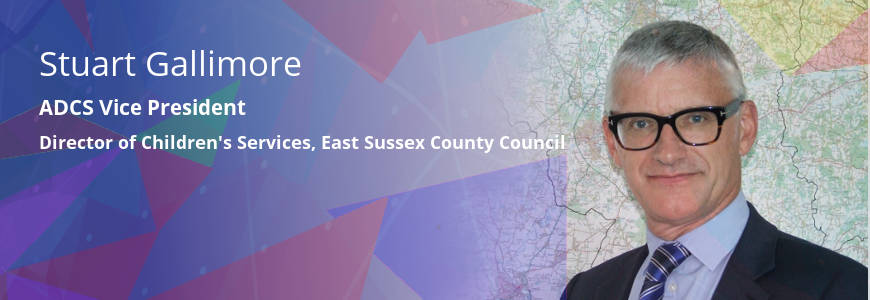Changing the narrative
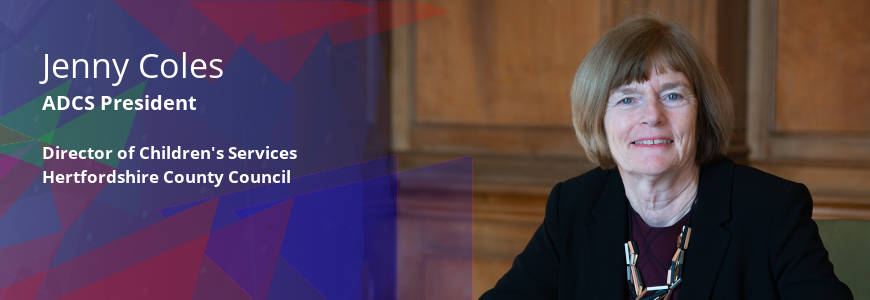
Like the Tokyo Olympics, Wimbledon and Glastonbury, the pandemic delayed another major event in our diaries, the publication of the seventh iteration of our Safeguarding Pressures research! Published this week, the final report provides us with a pre-pandemic baseline of safeguarding activity in the year ending 31 March 2020 and, for the first time, draws in some of the regional sector-led improvement data covering the first six months of the pandemic (March – September 2020).
The funding picture is even more challenging this year. Spend on early help services has been impacted the most, with many authorities reporting that Troubled Families funding, which has only been extended till March 2022, is propping up this offer. Nearly half of the 128 LAs responding to the study reported a decrease in funding ranging from 15 – 30%, whilst others reported needing to find further annual budget savings, up to 20% in some cases.
We know renewal and recovery will take some considerable time, however, the anticipated surge of latent need at the front door of children’s social care has yet to materialise or materialise in the way we originally anticipated. Instead, Safeguarding Pressures has identified a new cohort of families presenting with a level of complexity and severity on a scale not previously seen before. This may be due to heightened household tensions caused by close proximity to one another, layered on top of disruption to early help services and lack of other sources of support e.g. grandparents, plus financial and employment worries.
Over the past eleven months, national politicians and commentators have been concerned about hidden harms and disruption to safeguarding efforts. Social workers have continued to keep in contact with children and families, often whilst providing practical support, with home visits conducted virtually or in-person from a safe distance on the doorstep or using PPE. The work of some of our partners, particularly health services, has also changed or been severely disrupted during this period. However, contacts and referrals from the police and the general public have increased, which is positive - it will be interesting to see if this is maintained. Overall, referrals from schools remain down, however, schools did not close their doors to the most vulnerable and key worker pupils. Leaders are now more sighted than ever on what’s happening in their pupils’ homes and responding to this by providing food vouchers and parcels, IT equipment and holiday activities.
Covid-19 has tested our systems and partnerships like never before, but have held up thanks to the astonishing commitment of our staff who have adapted by working in new and different ways to support children and families. This responsiveness was consistently highlighted by many of the senior leaders interviewed for the Safeguarding Pressures research. We rarely hear praise for our child protection and care systems, yet it remains the case that many other countries look to us for inspiration and learning. I was recently reminded of Dave Hill’s efforts to amplify the voices of children and young people in the care system during his presidential year in a bid to ‘change the narrative.’ It was a welcome reminder that for many children and young people, the system does work…they themselves told us so!
Societal inequalities and challenges, such as deprivation, have been amplified during the pandemic, as have the strengths of a whole host of public services, not least the NHS and local government. I hope the independent social care review will fully consider the learning from the Covid-19 experience and embrace those areas of the system that we know work and indeed work well.
Related Blog Articles
The Institute for Fiscal Studies’ (IFS) recent analysis of local government...
In General
Last week, Parents Against Child Exploitation (PACE) published a piece of...
In Safeguarding & Child Protection
When I last blogged, I reflected on the paucity of the use of technology in...
In Workforce
For the umpteenth time in the last few months I have read articles by...
In General
This week our 0-25 Together Service organised their safeguarding conference...
In Safeguarding & Child Protection
The North East is a unique and wonderful place to live and work with so many...
In General
Like in most local authorities, children who are subjects of a child protection...
In Safeguarding & Child Protection
Few would deny the need for shared learning. In the wake of a child’s death...
In Safeguarding & Child Protection
I first became a DCS in 2005, which equates to the Paleolithic Age in DCS terms,...
In Leadership
It’s the summer holidays yet negotiations are already underway in Nottingham...
In Funding
As a student social worker, I came to understand that anti-discriminatory...
In General
Long before I became a Director of Children’s Services, in the annals of...
In Care
With the summer holidays fast becoming a distant memory I guess like everyone...
In Funding
In East Sussex, this year’s Young People’s Big Vote placed ‘a fear of...
In General
This blog was first due a couple of weeks ago, but the small matter of an ILACs...

